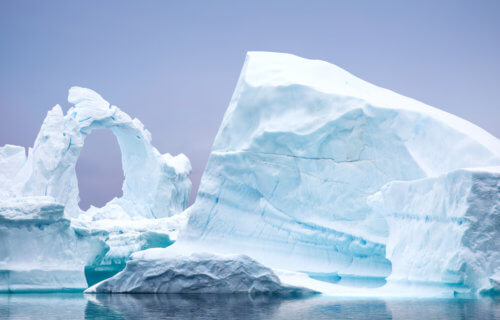LINCOLN, New Zealand — For over 200 years, most of what the world knows about Antarctica comes from the American and European explorers who have visited the frozen continent. While these achievements in sailing are still worth celebrating, a new study finds a lesser-known group of explorers likely beat the Europeans there — by about 1,000 years! Researchers in New Zealand say old records and oral histories of the Māori point to them reaching Antarctica 12 centuries before the rest of the world.
The Māori are the indigenous Polynesian people of New Zealand; a nation which sits off the coast of Australia. Study authors say after going through both published literature and oral accounts of Māori exploration, they conclude that these sailors were likely the first humans to see Antarctica at some point in the seventh century.
In fact, by the time American and European vessels started embarking on voyages to the south pole in the 19th century, the Māori already had a reputation of being able to navigate these freezing and choppy waters. Those skills, researchers say, made them regularly sought after guides on Antarctic expeditions.
“We found connection to Antarctica and its waters have been occurring since the earliest traditional voyaging, and later through participation in European-led voyaging and exploration, contemporary scientific research, fishing, and more for centuries,” says project lead Dr. Priscilla Wehi in a media release.
Putting the Māori on their proper historical pedestal
Study authors add the research highlights the long tradition of the Māori as explorers and their continuing contribution to their country’s studies in the Ross Sea — a deep bay of the Southern Ocean off Antarctica’s coast. The team, led by Manaaki Whenua – Landcare Research, also hopes their findings will provide a richer narrative of world exploration.
“Taking account of responsibilities to under-represented groups, and particularly Māori as Treaty partners, is important for both contemporary and future programs of Antarctic research, as well as for future exploration of New Zealand‘s obligations within the Antarctic Treaty System,” says Wehi.
“Growing more Māori Antarctic scientists and incorporating Māori perspectives will add depth to New Zealand’s research programs and ultimately the protection and management of Antarctica,” the study author concludes.
The team published their study in the Journal of the Royal Society of New Zealand.
